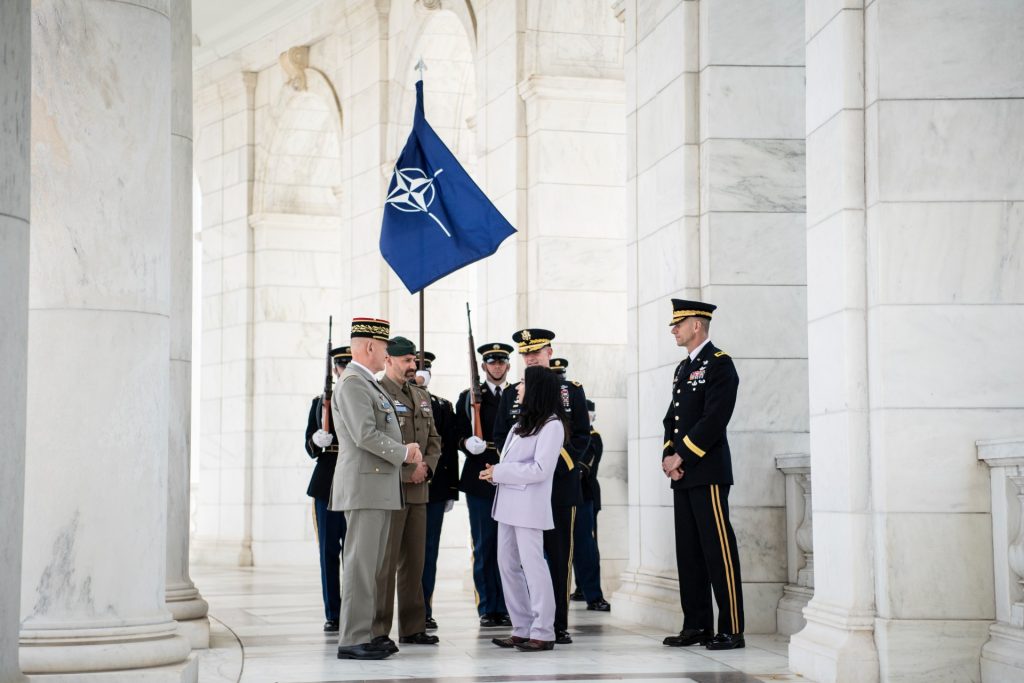NATO would respond by targeting Russian launch sites if Russia were to attack, but the alliance will not strike first.
Others are reading now
NATO would respond to any Russian attack by targeting Russian launch sites, though it has no intention of striking first. This was stated by Admiral Rob Bauer, Chairman of NATO’s Military Committee, during a discussion at the European Policy Centre.
Bauer addressed the need for NATO countries to invest more in air defense and long-range strike capabilities, citing the ongoing threat from Russia. He welcomed NATO’s growing emphasis on long-range systems, calling it a necessary shift in strategy.
“Previously, as a defensive alliance, our approach was to wait until we were attacked, then intercept missiles. However, it’s more effective to not only intercept but also strike the launchers in Russia if we are attacked,” Bauer explained.
Also read
He added, “It’s smarter to neutralize the threat at its source, rather than just react. If Russia attacks, targeting their launchers would be essential to protect alliance members.”
While reiterating NATO’s defensive stance, Bauer acknowledged that taking preemptive measures in response to an imminent attack could be crucial.
Despite the heightened rhetoric, Bauer noted that Russia’s military capabilities have been weakened after more than two years of war. He described Russia as less of a threat to NATO than it was in February 2022.
As part of its preparations for potential conflict with Russia, NATO has assigned Estonia a key role in its strategic framework.
Estonia is tasked with enhancing its long-range strike capabilities, focusing on potential targets within Russia. Major General Vahur Karus, Chief of the Estonian Defense Forces, emphasized the importance of pinpointing specific targets to safeguard NATO’s eastern flank.


